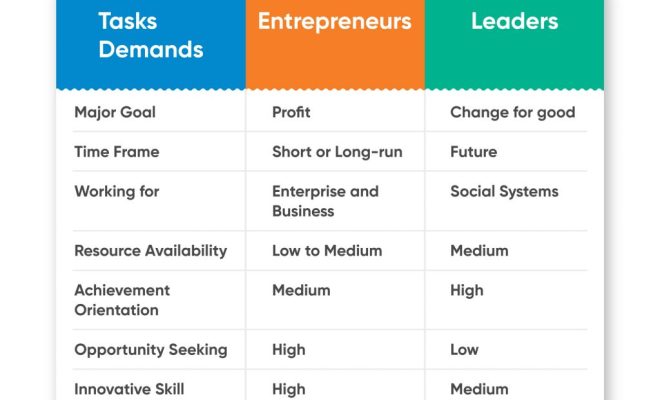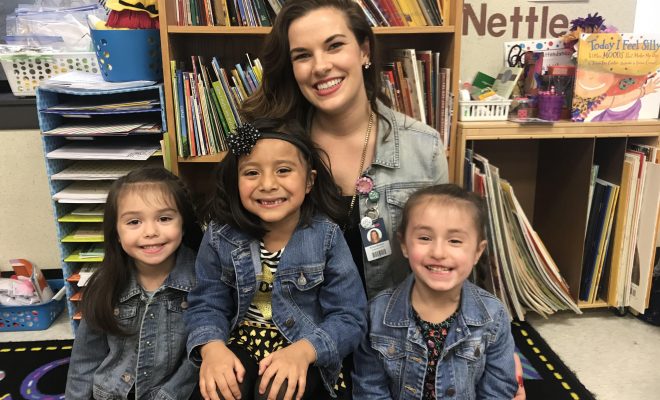6 Ways to Reform Teacher Education

As contemporary K-12 students change their learning styles and expectations for their educations, teachers need to change too. More specifically, the education that teachers receive needs to be modified to meet the modern needs of K – 12 classrooms. There are policy and practice changes taking place all over the world – many driven by teachers – that address the cultural shifts in the classroom. Some of the teacher education reforms that show a lot of promise include:
Subject-specific recruiting by colleges and universities. The book Teaching 2030, written by 13 experts in K-12 classroom pedagogy, calls for education schools to stop letting in any and every education major in the broad sense of the subject area. Instead, the experts suggest that colleges become more selective to meet the demand of actual student need. Young people that are interested in teaching high-demand subject areas like mathematics, bilingual education, physical science and special education should be viewed as more valuable to institutions of higher learning. This needs-based philosophy addresses actual voids in the industry and better equips schools to meet students’ needs.
Target urban backgrounds. Teachers with connections to urban locations and educations are prime candidates to return to these schools and make a difference. Universities are not doing enough to find these qualified future educators and then place them on specific tracks for career success at urban schools. There needs to be greater customization when it comes to college learning for future educators who understand firsthand the challenges that urban students face – and then job placement programs need to be built around the same concept.
Require urban student teaching. All educators-in-training should spend at least a few hours in an urban classroom, in addition to their other teaching assignments. Seeing urban challenges firsthand must be part of every educator’s path to a degree, even if he or she never teaches full time in such a classroom. I believe this would not only raise awareness of issues that tend to plague urban schools (like overcrowding and the impact of poverty on student performance) but may also inspire future teachers to want to teach in those settings. College programs must expose teacher-students to real-world urban settings in order to make progress past the social and academic issues that bring urban K-12 students down.
Reward urban teachers. The test-heavy culture of American K-12 classrooms puts urban teachers at a distinct advantage when it comes to resources and even lifelong salaries. If a teacher whose students score well on standardized tests is rewarded with more money and access to more learning materials, where does that leave the poor-performing educators? Instead of funneling more funds and learning help to teachers with student groups that are likely to do well, despite the teacher, urban teachers should be receiving the support. At the very least, the funding and attention should be evenly split. In almost every case, failing urban students and schools should never be blamed on the teacher. That mentality is what scares away many future educators who may otherwise have given urban teaching a try. There is too much pressure to perform and that leads to many urban teachers leaving their posts after the first year, or not even looking for those jobs in the first place.
Virtual learning options. Though colleges often get all of the attention when it comes to online learning programs, K-12 education is also shifting more toward distance learning options. During the 2010-2011 school year, 1.8 million students in grades K-12 were enrolled in some type of distance learning program. That is up from just 50,000 in the 2000-2001 school year, according to the International Association for K-12 Online Learning. This is a trend that teachers-to-be simply cannot ignore. Virtual learning is not reserved for only those that can afford it; 40 U.S. states have state-run online programs and 30 of those states provide statewide, full-time K-12 schools. The University of Central Florida is one of the only schools to offer a virtual-school emphasis for education majors that lets students apprentice with Florida Virtual School instructors.
Continued classroom learning for administrators. Since the people at the top are generally the decision-makers, they should be required to return to the field every now and then. On the other hand, the teachers that are actually in the student trenches should be empowered to help change educational policy based on the reality of the modern classroom. The Center for Quality Teaching supports a “teacherpreneur” program that would “blur the lines… between those who teach… and those who lead.” Actionable strides toward closing the public education gap between teachers and administrators are necessary for real, effective change to take place in K-12 classrooms.
Public education in America needs teachers that are better trained to meet the needs of specific student populations, those that understand the necessary role of distance learning, and those that are willing to speak up to facilitate classroom change. Without these teachers, effective reform to meet global demand is not possible.
How have the roles of teachers changed over the years in your opinion? What is the single greatest obstacle that teachers face that stands in the way of maximum K-12 student achievement?
photo credit: zubrow via photopin cc
Click here to read all our posts concerning the Achievement Gap.





